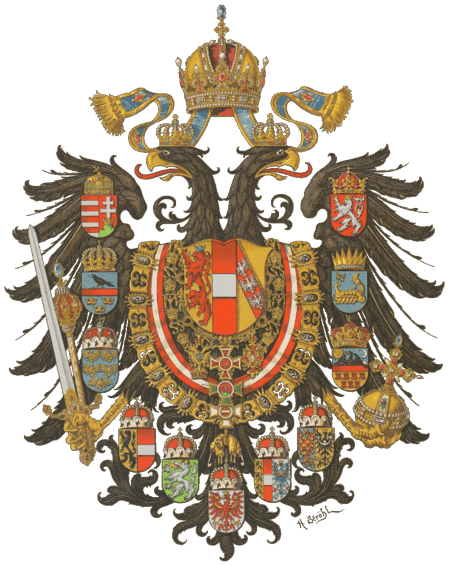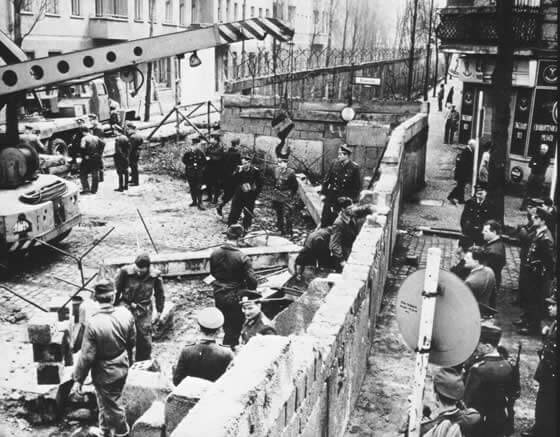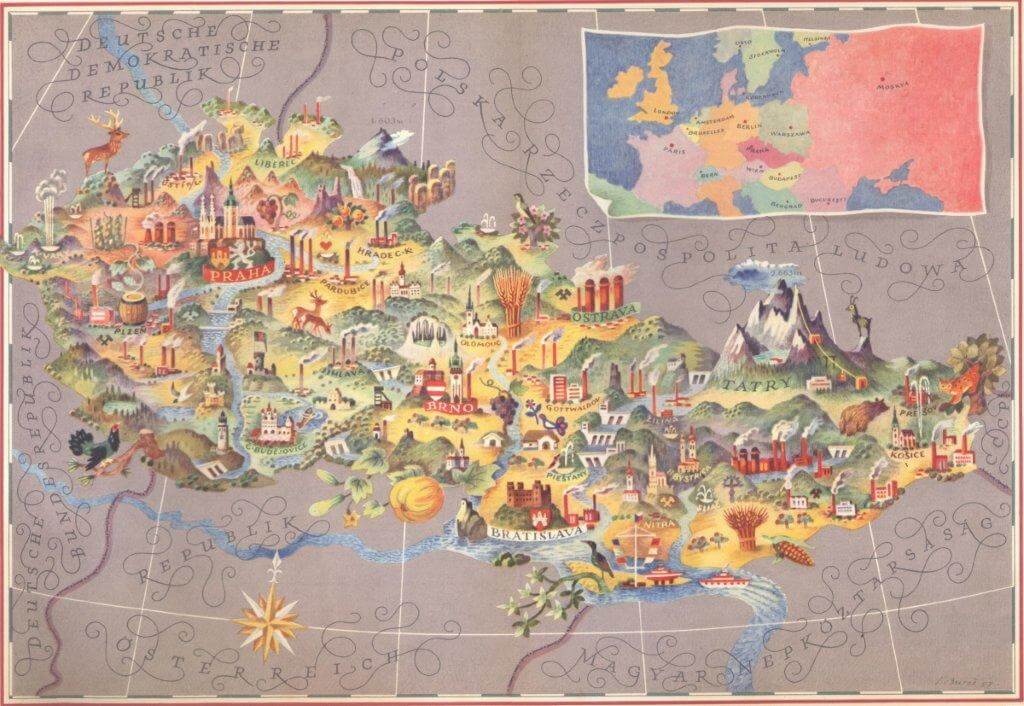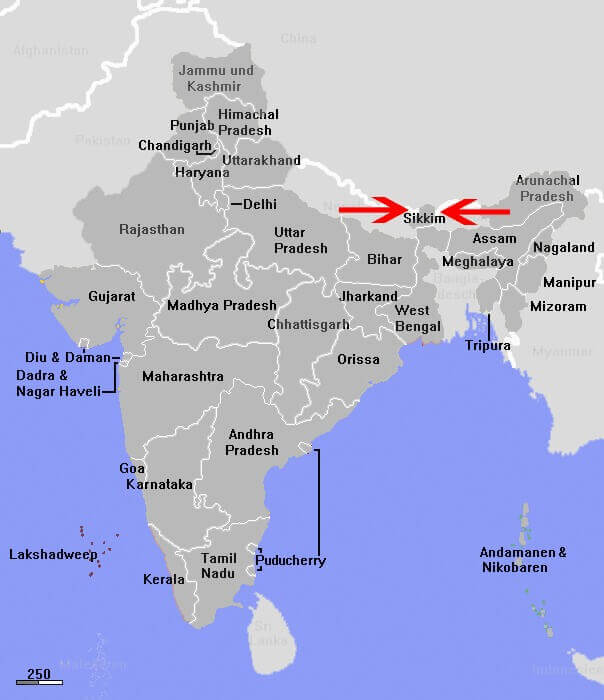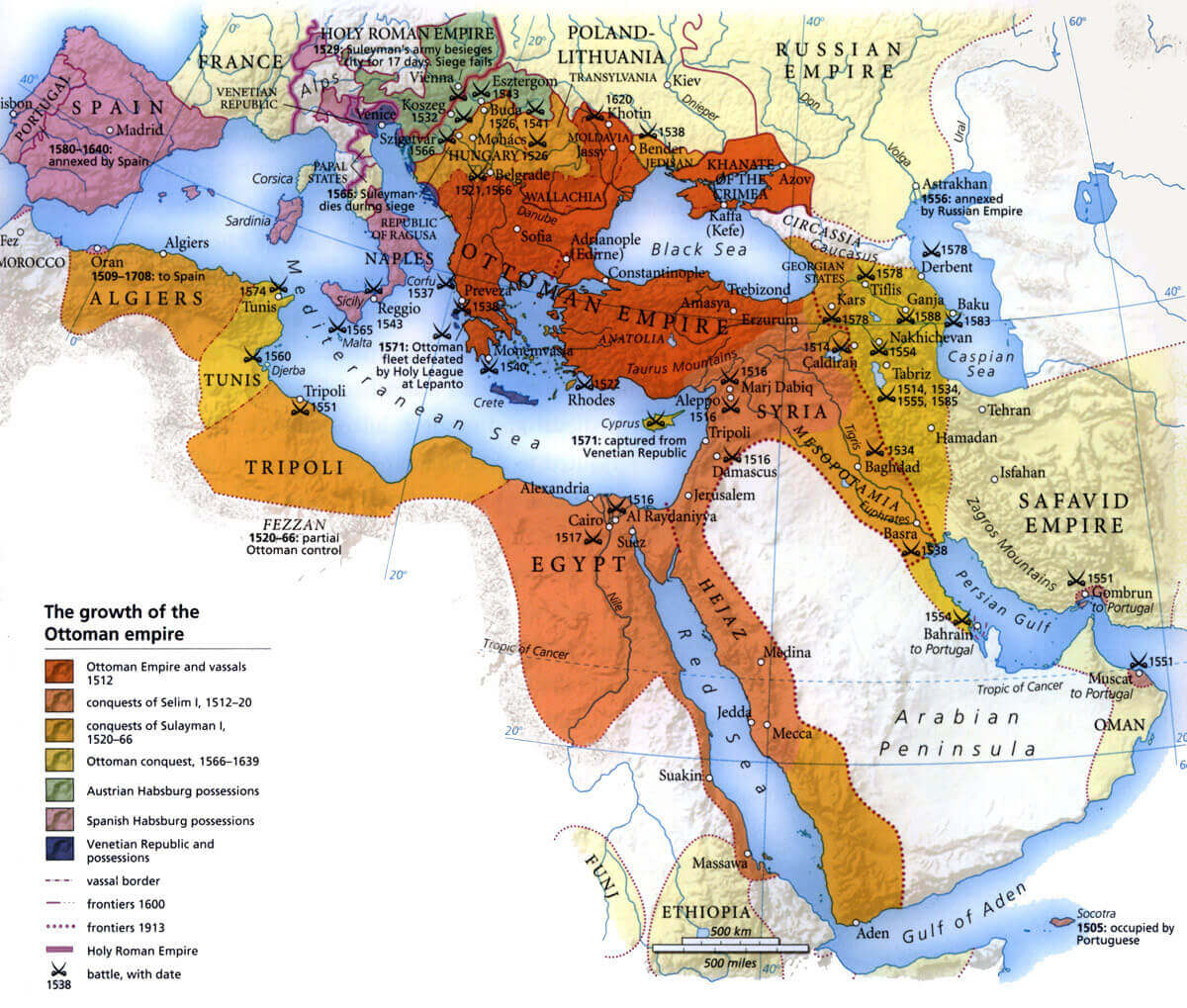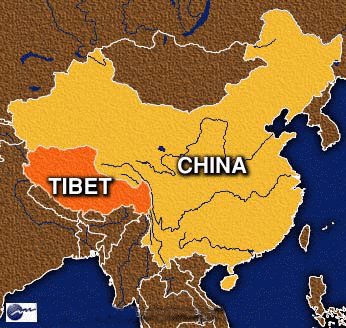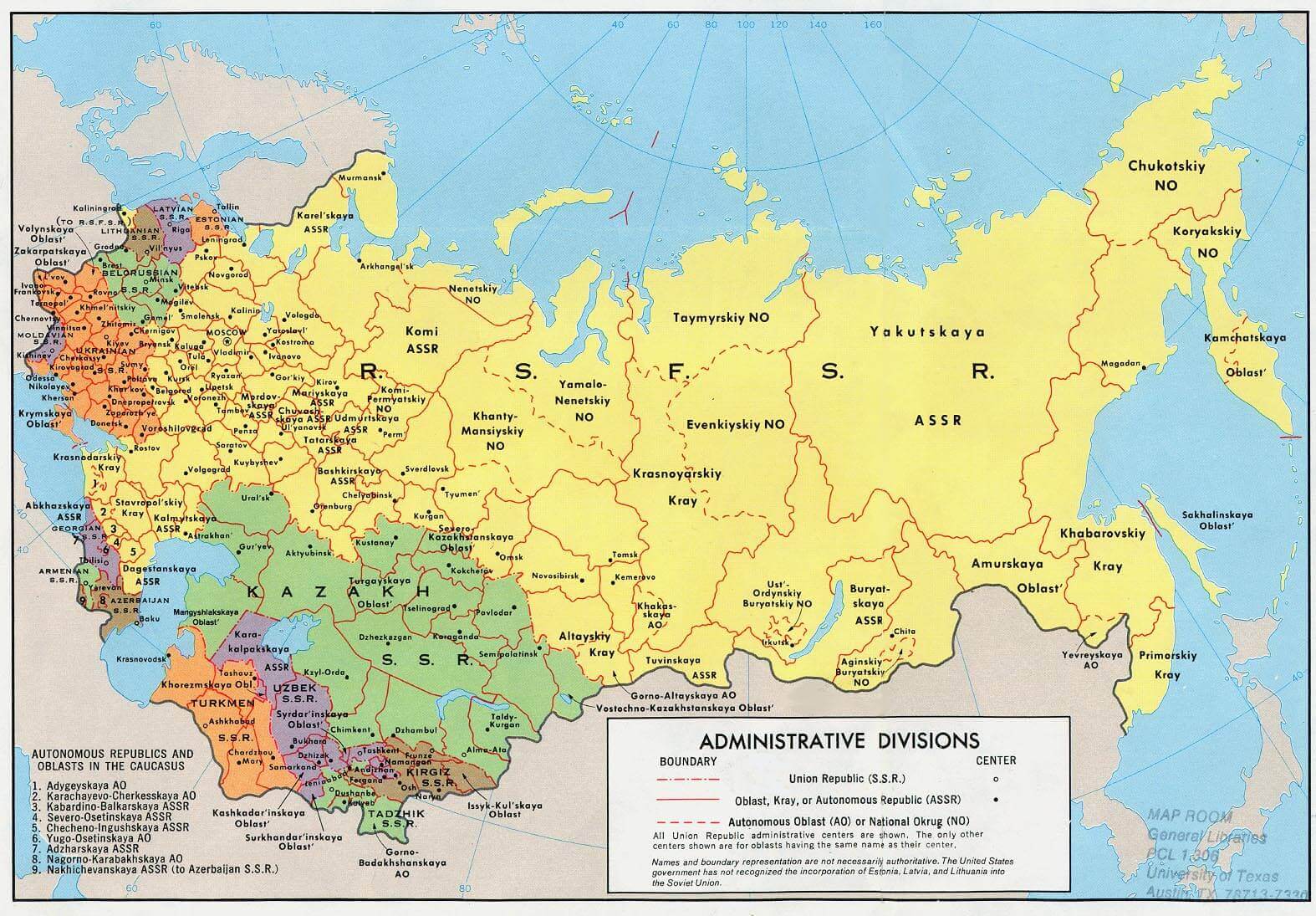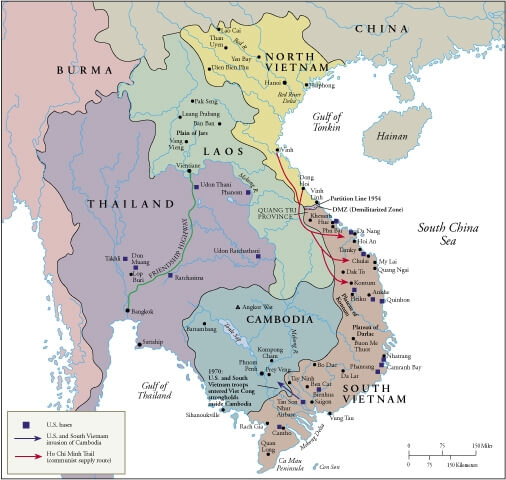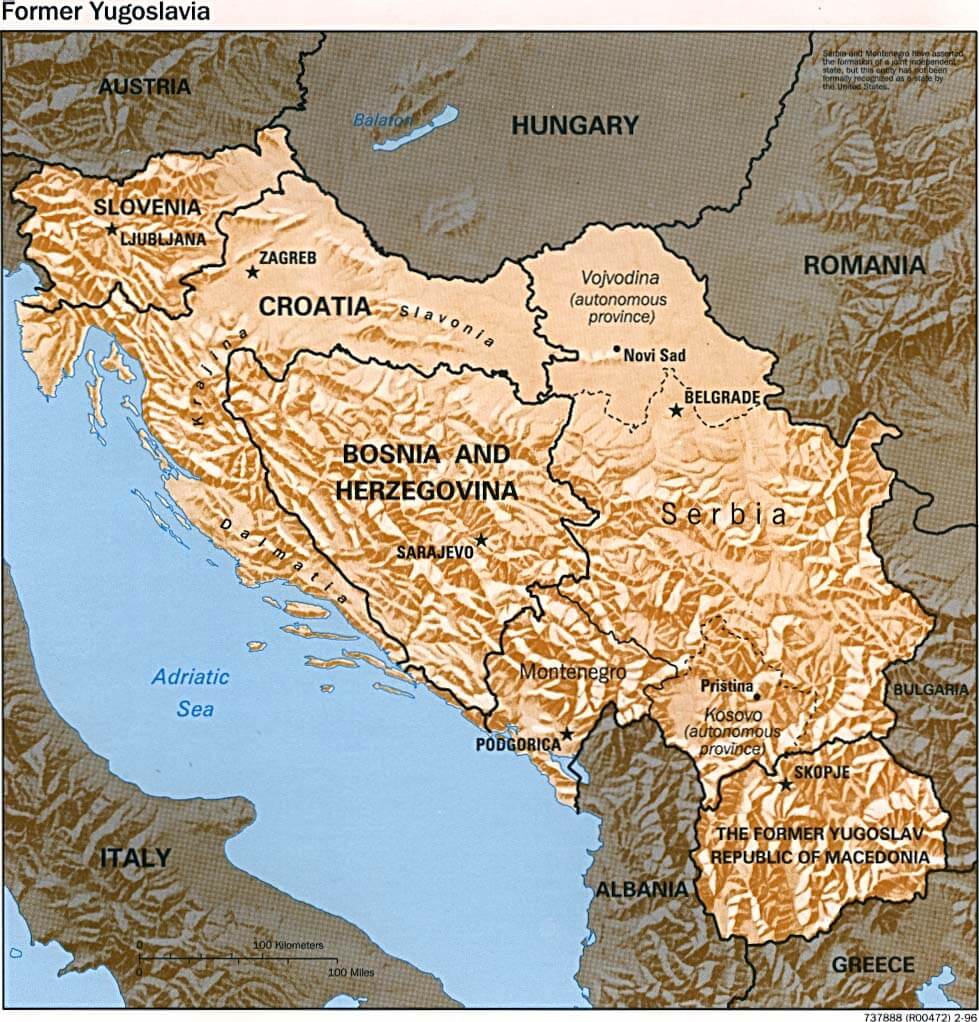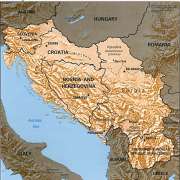Countries that have disappeared completely in 20th century
by Rob Van Damn - 8 years ago - 1835 Views Report
Countries that have disappeared completely in 20th century due to political reason or any misfortune.
Austria-Hungary, 1867-1918
Lack of common identity and language, and also home to various ethnic and religious groups, most of whom had little to do with each other has been assumed to cause of disappearance.
East Germany, 1949-1990
East Germany was probably best known for its Wall and its tendency to shoot people who attempted to cross over it. East Germany was so far behind the rest of Germany economically, however, its reintegration with the west almost bankrupted Germany. Today, however things are swinging good.
Czechoslovakia, 1918-1992
Betrayed by England and France in 1938 at Munich, by March of 1939 it had been completely occupied by Germany, and vanished off the map. Later it was occupied by the Soviets, who turned it into another vassal state of the old Soviet Union until that nation’s collapse in 1991. At that time, it finally reestablished itself as a vibrant democracy.
Sikkim, 8th century CE - 1975
Little-known, and largely forgotten, little monarchies that managed to hold on into the twentieth century before it finally realized it had no particularly good reason for being independent, and decided to merge with modern India in 1975.
Ottoman Empire, 1299-1922
The Longest running empire or country to dissolve. One of the great empires in history, the Ottoman Empire finally came to an end in November of 1922.
Tibet, 1913-1951
While the land known as Tibet has been around for over a thousand years, it wasn’t until 1913 that it managed become an independent country. Under the peaceful tutelage of a chain of Dalai Lamas, it finally ran afoul of Communist China in 1951 and was occupied by Mao’s forces, thus ending its brief foray as a sovereign nation.
United Arab Republic, 1958-1971
Instead of federation of two Arab peoples, as many Syrians had imagined, the UAR turned into a state completely dominated by Egyptians. Syrian political life was also diminished, as Nasser demanded for all political parties in Syria to be dismantled. In the process, the strongly centralized Egyptian state imposed Nasser’s socialistic political and economical system on weaker Syria, creating backlash from the Syrian business and army circles, which resulted in the Syrian coup of September 28, 1961 and the end of the UAR.
Union of Soviet Socialist Republic (Soviet Union), 1922-1991
The dissolution of the Soviet Union was followed by a severe economic contraction and catastrophic fall in living standards in post-Soviet states including a rapid increase in poverty, crime, corruption, unemployment, homelessness, rates of disease, and income inequality, along with decreases in calorie intake, life expectancy, adult literacy, and income.The economic shocks that accompanied wholesale privatization were associated with sharp increases in mortality. Data shows Russia, Kazakhstan, Latvia, Lithuania and Estonia saw a tripling of unemployment and a 42% increase in male death rates between 1991 and 1994.
South Vietnam, 1955-1975
Nguy?n V?n Thi?u resigned on 21 April 1975, and fled to Taiwan. He nominated his Vice President Tr?n V?n H??ng as his successor. A last-ditch defense was made by theARVN 18th Division at the Battle of Xuân L?c led by Major General Lê Minh ??o. After only one week in office, Tr?n V?n H??ng handed over the presidency to General D??ng V?n Minh ("Big Minh"). Minh was seen as a more conciliatory figure toward the North, and it was hoped he might be able to negotiate a more favourable settlement to end the war. The North was not interested in negotiations, however, and its tanks rolled into Saigon largely unopposed which led to the Fall of Saigon. Acting President Minhunconditionally surrendered the capital city of Saigon and the rest of South Vietnam to North Vietnam on 30 April 1975.
Yugoslavia, 1918-1992
Like Czechoslovakia, Yugoslavia was a by-product of the breakup of the old Austro-Hungarian Empire in the aftermath of WWI.it maintained a somewhat-autocratic monarchy until the Nazis invaded the country in 1941, after which it became a German possession. With the collapse of the Nazis in 1945, Yugoslavia somehow managed to avoid Soviet occupation but not Communism, coming under the socialist dictatorship of Marshal Josip Tito, the leader of the partisan Army during WWII. It remained a nonaligned authoritarian socialist republic until 1992, when internal tensions and rival nationalism resulted in civil war. The country then split into six smaller nations (Slovenia, Croatia, Bosnia, Serbia, Macedonia, and Montenegro,) making it a textbook example of what happens when cultural, ethnic, and religious assimilation fails.
